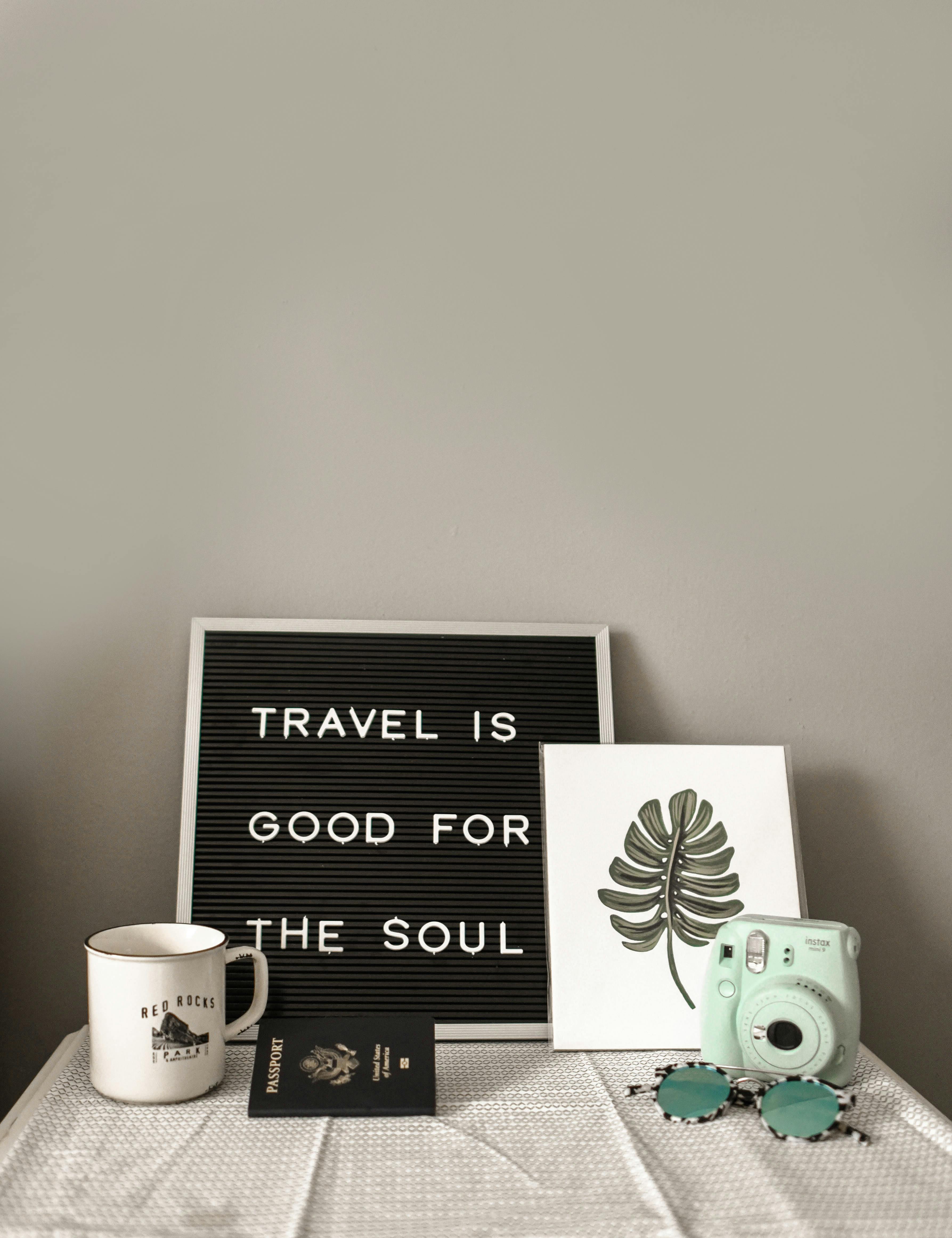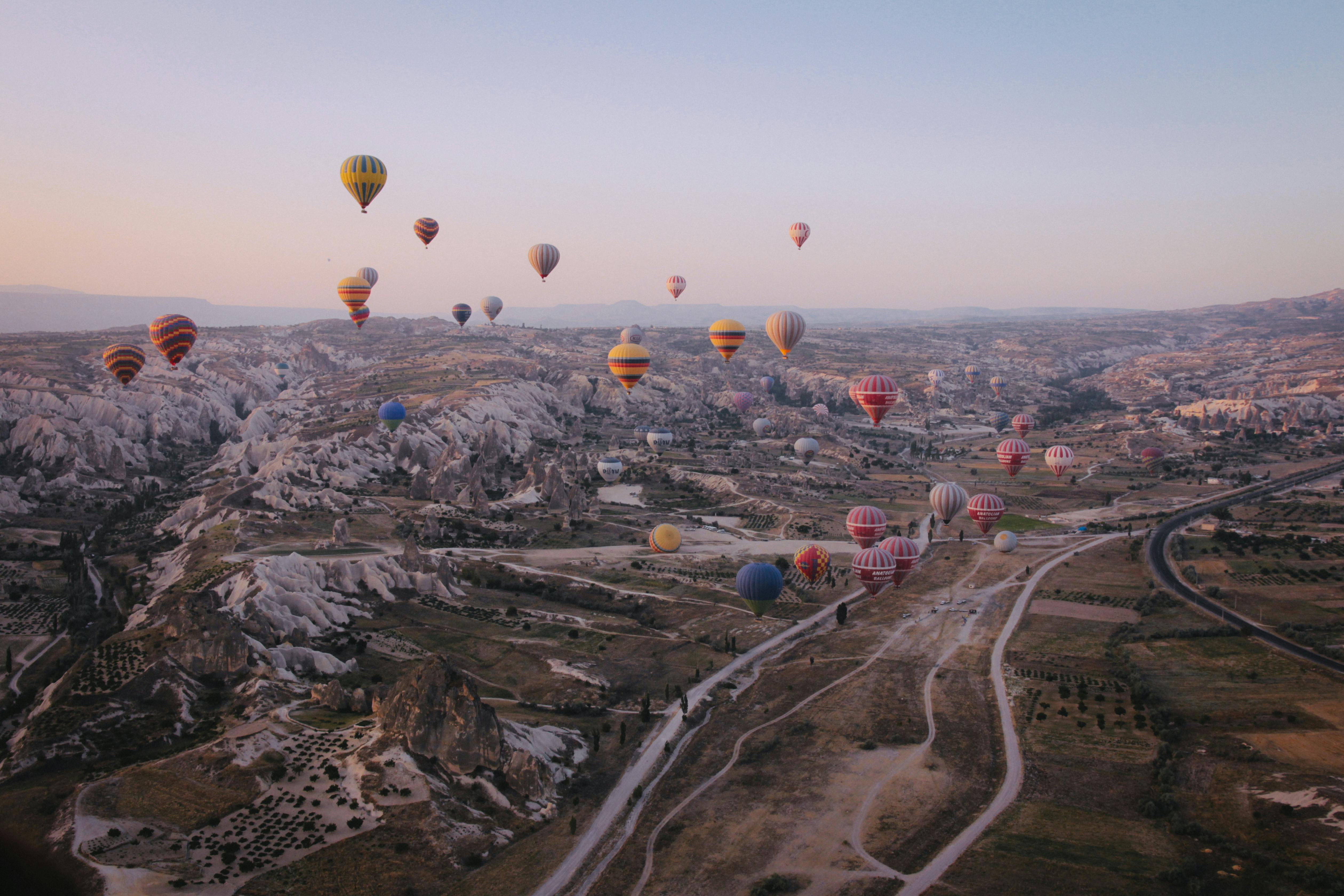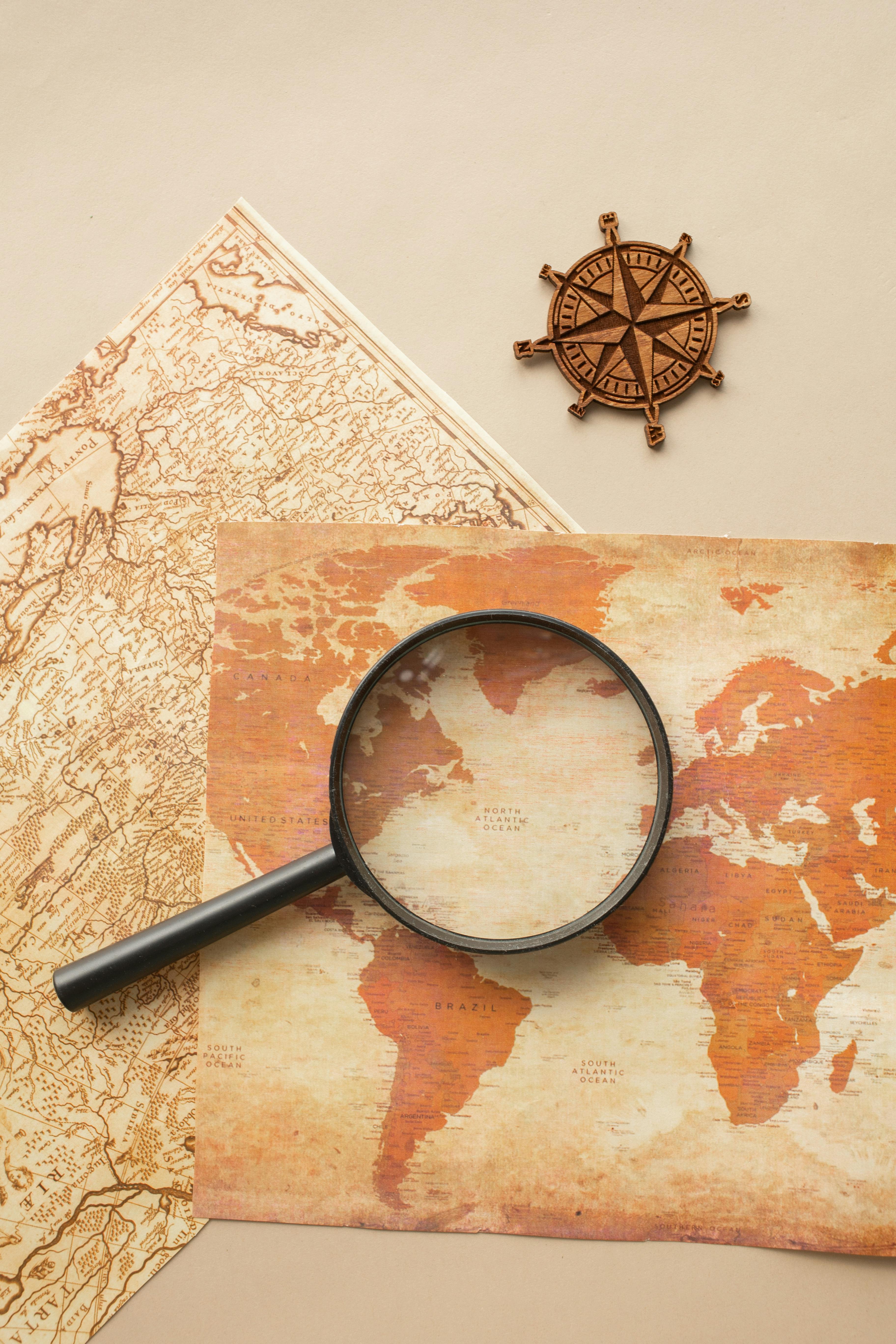Questions Travelers Ask Most Often
Essential information for thoughtful exploration

What's the best time to visit different regions?
The ideal time to visit any region depends on what you hope to experience rather than simply avoiding extreme weather or peak crowds. Consider these general guidelines:
- Mediterranean destinations: Late spring (May-June) and early fall (September-October) offer pleasant temperatures and fewer crowds than summer, while still providing warm enough conditions for coastal enjoyment.
- Tropical locations: The dry season typically provides more reliable conditions for exploration, though prices are higher and popular sites more crowded. The early weeks of the wet season often offer a beautiful compromise—lush landscapes with afternoon showers that rarely disrupt full days.
- Northern destinations: Summer brings midnight sun and abundant wildlife viewing, while winter offers northern lights and unique snow-based activities. Spring and fall provide fewer daylight hours but often showcase spectacular natural transitions.
- Urban destinations: Consider visiting major cities during shoulder seasons when museums and cultural sites remain fully operational but accommodation prices drop and reservation requirements ease.
Research local festivals and events that might enhance your experience or create unexpected crowding. Agricultural harvest seasons, religious observances, and cultural celebrations all create distinctive atmospheres worth considering in your timing decisions.
How can I travel calmly and efficiently?
Calm, efficient travel begins with mindset and extends through practical strategies:
- Build buffer time: Allow extra time between connections and activities. This reduces stress when delays occur and creates space for unexpected discoveries.
- Prioritize ruthlessly: Identify the few experiences most meaningful to you rather than attempting to see everything. Quality of engagement matters more than quantity of attractions visited.
- Establish daily rituals: Create consistent morning or evening routines that ground you regardless of location—perhaps journaling, meditation, or a particular tea preparation.
- Embrace technology judiciously: Use digital tools to handle logistics while maintaining screen-free periods for genuine presence in your surroundings.
- Practice adaptive planning: Research thoroughly before departure, but remain flexible about implementation. View your itinerary as a loose framework rather than a rigid schedule.

Remember that efficiency in travel doesn't necessarily mean maximizing activities. Rather, it means allocating your limited time and energy toward experiences that provide genuine value and meaning, while minimizing friction in transitions and logistics.
What are things I should pack every time?
Beyond destination-specific gear and obvious essentials, consider these often-overlooked items that enhance almost any journey:
- Multi-purpose scarf or shawl: Serves as blanket, pillow, shoulder covering for religious sites, impromptu picnic blanket, or sun protection.
- Reusable water bottle with filter: Reduces environmental impact while ensuring hydration regardless of local water quality.
- Photocopy/digital backup of important documents: Store separately from originals and in encrypted cloud storage.
- Basic first-aid supplies: Focus on items difficult to obtain while traveling—preferred pain relievers, digestive remedies, allergy medications.
- Analog entertainment: Small notebook, playing cards, or paperback book for technology-free periods or when devices need charging.
- Universal sink stopper: Makes hand-washing clothes possible in any accommodation.
- Packable reusable shopping bag: For market visits, unexpected purchases, or organizing items within luggage.
Consider creating a standardized packing list in a digital note that you refine after each journey, noting items you wished you'd brought and those that went unused. This evolving resource becomes increasingly valuable over time.
How do people plan trips with little stress?
Low-stress trip planning involves both practical strategies and psychological approaches:
- Research in phases: Begin with broad inspirational research, gradually narrowing focus as departure approaches. This prevents information overwhelm while ensuring necessary details are addressed.
- Identify true priorities: Distinguish between "must experience" activities and "would be nice" options. Build your framework around the former while remaining flexible about the latter.
- Create contingency plans: For crucial reservations or time-sensitive activities, identify alternatives in advance to reduce stress if disruptions occur.
- Delegate appropriately: If traveling with companions, assign planning responsibilities according to individual interests and strengths rather than handling everything yourself.
- Schedule planning sessions: Rather than allowing travel preparation to invade all free time, designate specific periods for research and booking, keeping the process contained.

Remember that perfect trips exist only in imagination. Real journeys include unexpected challenges alongside unanticipated joys. Planning creates a framework for experience rather than determining every aspect of it.
Do I need a booking system for small trips?
The appropriate level of advance booking depends on several factors:
- Destination popularity: In high-demand locations during peak seasons, accommodations and major attractions may require booking months ahead. In less-visited areas, same-day arrangements often remain possible.
- Travel style: If specific accommodations or experiences are essential to your journey's purpose, securing them in advance reduces stress. If flexibility matters more than particular properties, lighter advance planning works well.
- Personal comfort: Some travelers feel secure knowing exactly where they'll sleep each night; others find such commitment restrictive. Honor your authentic preference rather than following generalized advice.
For travelers managing multiple accommodation bookings, transportation arrangements, and activity reservations, organizational tools prove helpful. Some prefer to use platforms like avaibook to visualize options clearly without switching between multiple apps, streamlining the planning process while maintaining clarity about overall journey structure.
Even spontaneous travelers typically benefit from booking the first night's accommodation before arrival and researching several options for subsequent nights. This approach balances freedom with practical preparation.